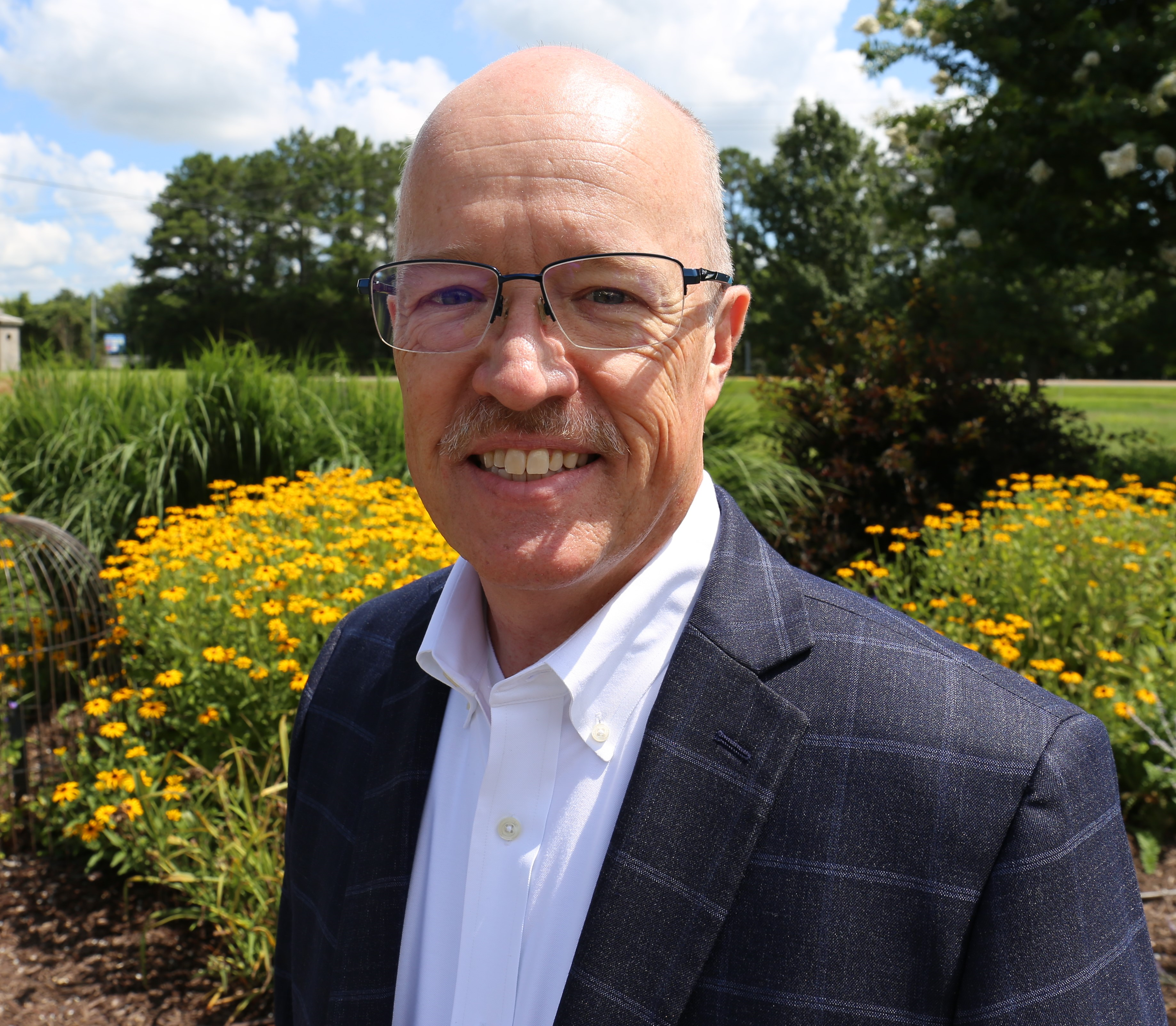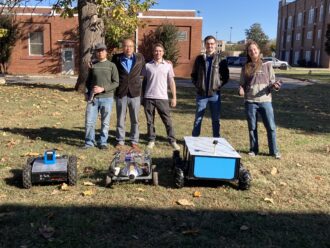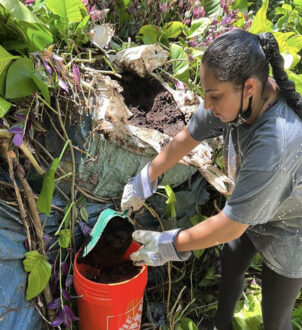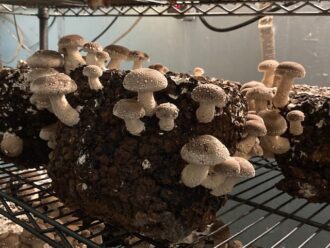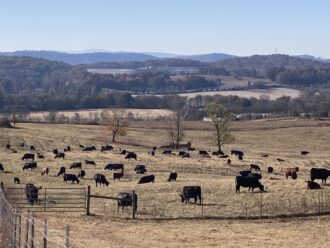
Implementing Rotational Grazing Practices Through Statewide Grazing Schools
Rotational grazing – moving livestock through paddocked pasture to encourage grass restoration -- comes with a myriad of benefits: Improved soil health, reduced erosion and agricultural run-off, a more robust forage system, and healthier livestock. But adopting the practice comes with some barriers, with lack of knowledge and unfamiliarity ranking high among Tennessee farmers. Cumberland River Compact is looking to change that.
The nonprofit conservation organization received a $40,512 Education Grant to help farmers implement rotational grazing by offering a series of in-classroom and on-farm workshops. The River Friendly Farm Grazing Schools teach farmers the basics of rotational grazing, including fencing, forage and water management, equipment demonstrations, and best conservation practices.
Cumberland River Compact is partnering with Tennessee Local Food Summit, Caney Fork Farms, National Resource Conservation Service (NRCS), and Tennessee State University to present the workshops through the 2-year grant project. Farmers who complete the grazing school will become certified as River Friendly Farms -- farms that are good stewards of land and water resources.
The first workshop offered in 2024 was taught by land management and grazing specialist Greg Brann and attracted nearly 60 farmers and two dozen ag professionals across middle and west Tennessee. Following the workshop, Cumberland River Compact consulted with a half dozen farmers about improving grazing practices on their land. This included consultation about riparian improvement and invasive removal, converting conventional crop land to managed grazing, erosion on thin soils, fencing, and avoidance of herbicide application.
State Contacts
SARE State Coordinators are vital for expanding sustainable agriculture training for Extension, NRCS, and other agricultural professionals, who will then help producers transition to a more sustainable agriculture.
SARE IN TENNESSEE

The Tennessee SARE program is facilitated through a joint collaboration between the University of Tennessee Institute of Agriculture and Tennessee State University Cooperative Extension. We work together to deliver a program that enhances the environmental, social, and economic sustainability of the state through research and education. Tennessee SARE partners with researchers, extension faculty, producers, and community organizations to research and implement the best science-based practices available in all aspects of Tennessee's agricultural system. In addition to research, SARE is dedicated to providing education in sustainable agriculture through various trainings offered each year.
Recent News From Tennessee
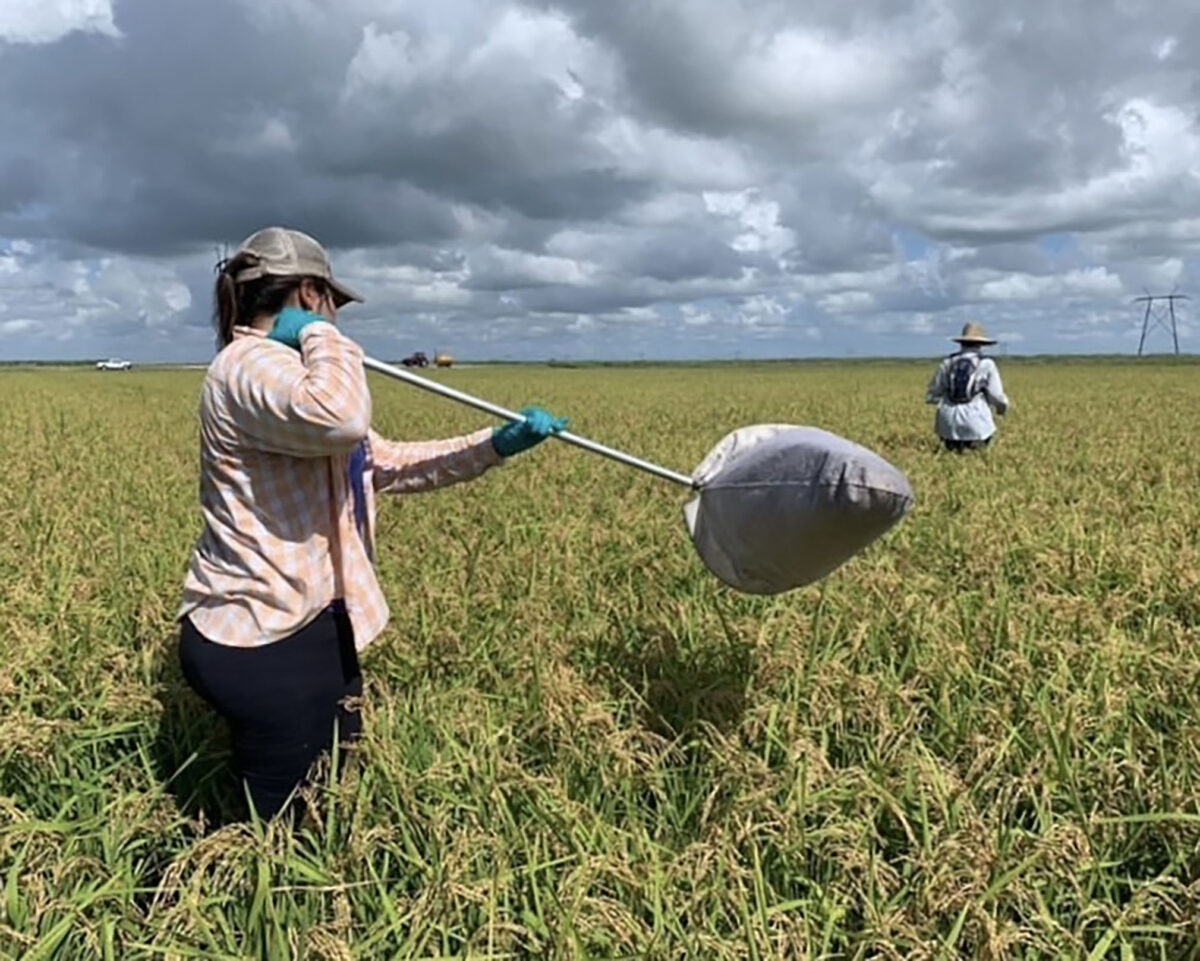
Graduate Student Sustainable Agriculture Projects for FY2025 Announced
GRIFFIN, Georgia – The Southern Sustainable Agriculture Research & Education (SSARE) program has announced the funded projects for the 2025 Graduate Student Grants program. The SSARE Administrative Council recently funded 18 projects totaling $386,238. The Graduate Student Grants program is one of the few sustainable agriculture research funding opportunities open to Master’s and PhD students […]


